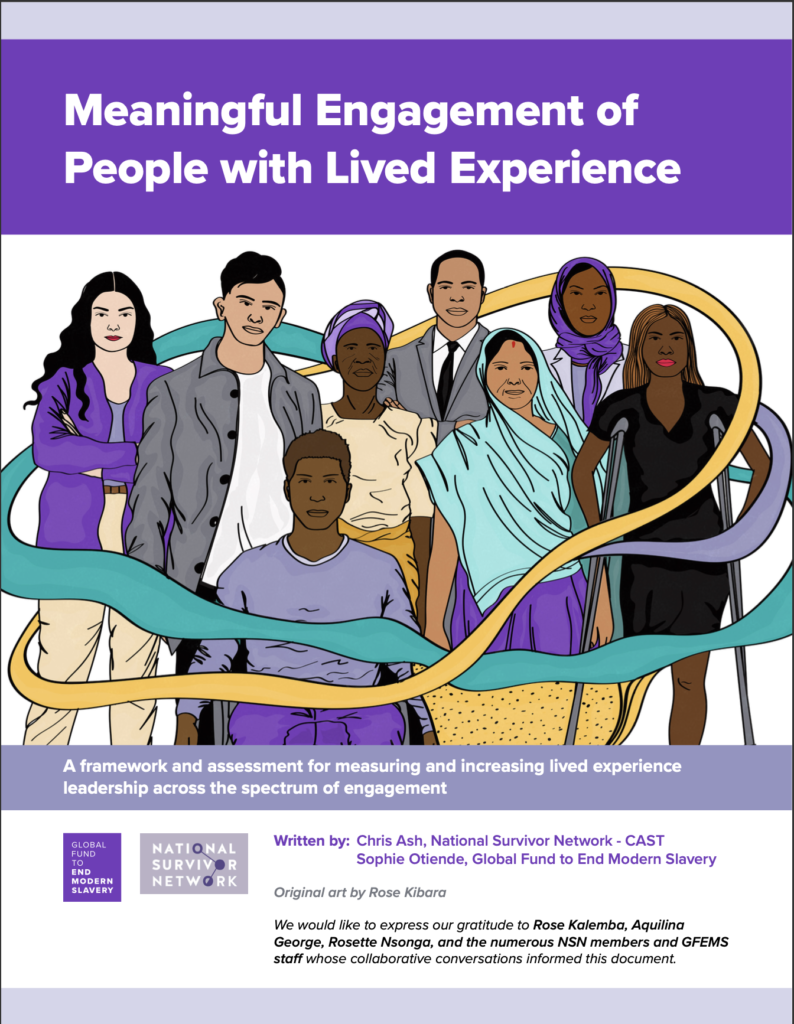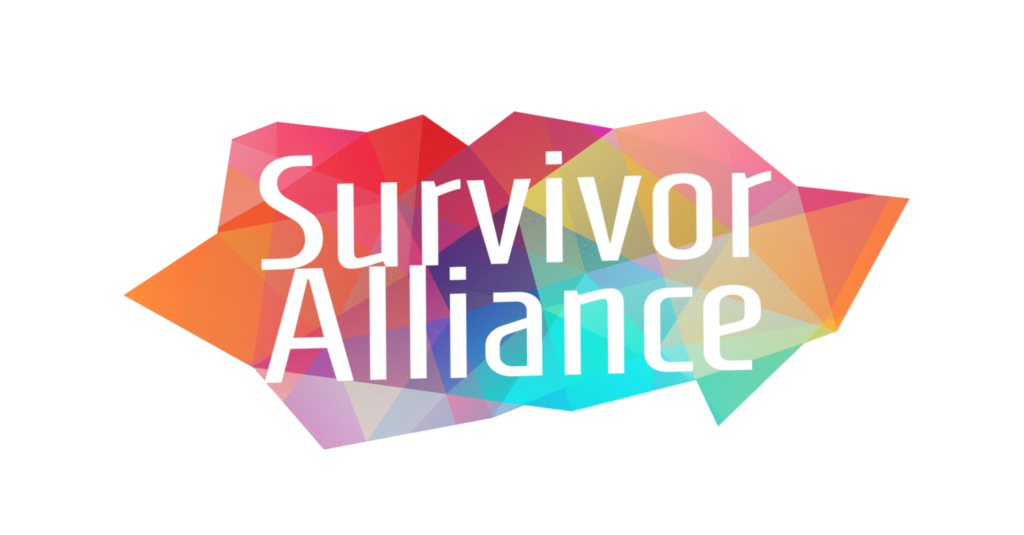Dear friends,
As we approach the end of 2023, I’d like to reflect on the incredible journey our organization has taken since it was founded and our shift in the past two years to address the issue of modern slavery. There is no doubt that these past three years have been particularly challenging, marked by a convergence of global crises that have tested us and our ability to change and adapt. Personally, the past few months have felt quite heavy as an activist and a citizen of the world. I have consistently asked myself what it means to be in solidarity with all the people fighting for their life and their rights to exist at this time. Many times, words have failed me, and that incoherence led me to write a poem that I want to share here on being present as a form of resistance:
Present
The call to be present
Present and be a witness
Present and sit between comfort and chaos
Comfort for us to dream
Chaos for us to be reminded why we dream
The call to be present
Present and be a witness
Present to look unprecedented evil in the eye
Present to sit between hope and helplessness
Hope for fuel to create the future
Helplessness reminds us of humility and the purpose of community
The call to be present
The call to trust that being is resistance
The call to know that survival can be resistance
The call to remember that we are not the first to survive
The call to remember the seed never dies
It’s a reminder that the seed of resistance never dies, even on days like this when we feel hopeless, and that our efforts fall short of the insurmountable issues that we have to address in the world.
As many of you are now aware, the multifaceted challenges of the past few years compelled us to reevaluate and reshape our organizational strategy to ensure that we are effective in this ever-evolving landscape. We launched our new strategy in January that highlighted our shift to focus on movement building and advocacy led by impacted communities.
One of the first things we did to align with our new strategy was to review our own approach and internal operations with the help of the National Survivor Network. This process led to the development of a first-of-its-kind toolkit on meaningful engagement of people with lived experience. The toolkit is free and has information, including tools to evaluate processes within your organization. The toolkit is being used by the US Office of Drugs and Crime for their partners, and we are in the process of adapting some of it for the Council of Europe on a protocol for meaningful inclusion of survivors of child sexual exploitation. We firmly believe that for a movement to truly be led by impacted people, their engagement in the process has to be meaningful and intentional. Our toolkit provides a path towards that intentionality.
Our advocacy work in Brazil focused on increasing worker voices in the coffee supply chain and led to the development and beginning of the implementation of a worker-centric grievance and mechanism supported by civil society, trade unions, government, and the UN. Under this strategy, we also partnered to develop a methodology to prevent forced labor and promote decent work in high-risk municipalities where vulnerable people are recruited to work under forced labor. In all this, we are proud to support our partners, Instituto Trabalho Decente, Clínica de Trabalho Escravo e Tráfico de Pessoas da Universidade Federal de Minas Gerais, Confederação Nacional dos Trabalhadores Assalariados e Assalariadas Rurais and LRQA, to ensure that workers are central in our work to address forced labor in supply chains.
One of the key accomplishments of this year has been moving our headquarters from Washington DC, to Nairobi. The goal was to move the decision-making processes of the organization to communities that are closer to this issue. We officially have a Nairobi office and are hiring staff as we roll out the new strategy. I was also selected as a commissioner in the Global Commission on Modern Slavery and Human Trafficking, which was formed by Theresa May. I will be co-chairing the commission, and I am looking forward to the work that the commission can do at a global level to galvanize political support and collaboration to address this issue.
As we close the 2023 chapter, we carry the lessons learned and successes achieved into the new year. We look forward to doing a lot of movement-building work in the coming year. With your support, we are confident that 2024 will be a year of transformative action, marked by tangible progress and renewed hope.
Thank you for standing with us in addressing the issue of modern slavery.
Wishing you all happy holidays!
With warm regards,
Sophie.



